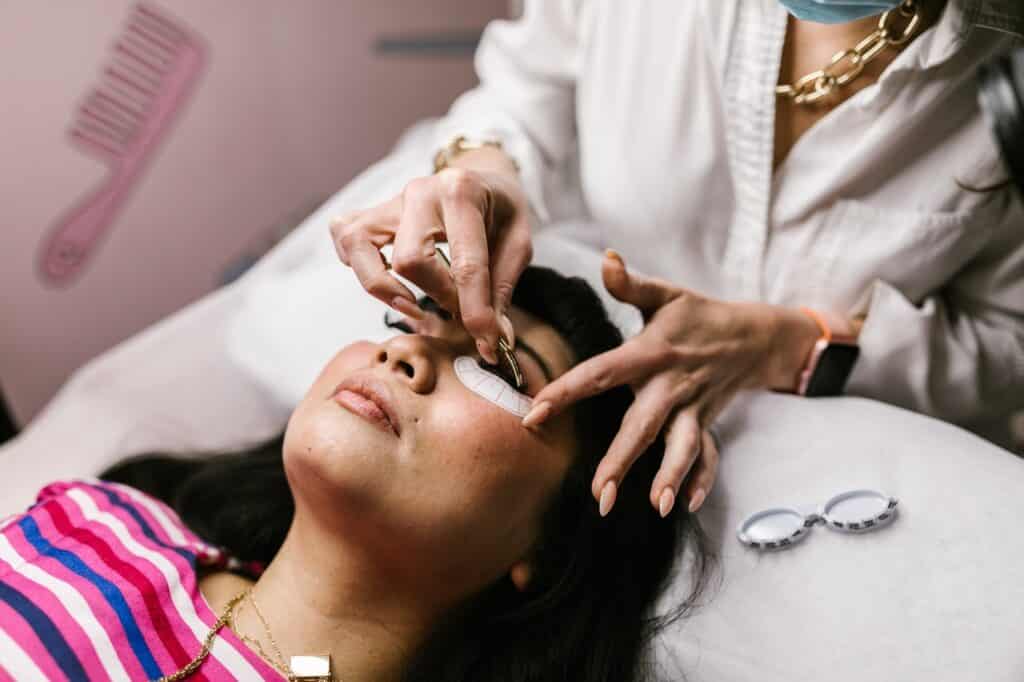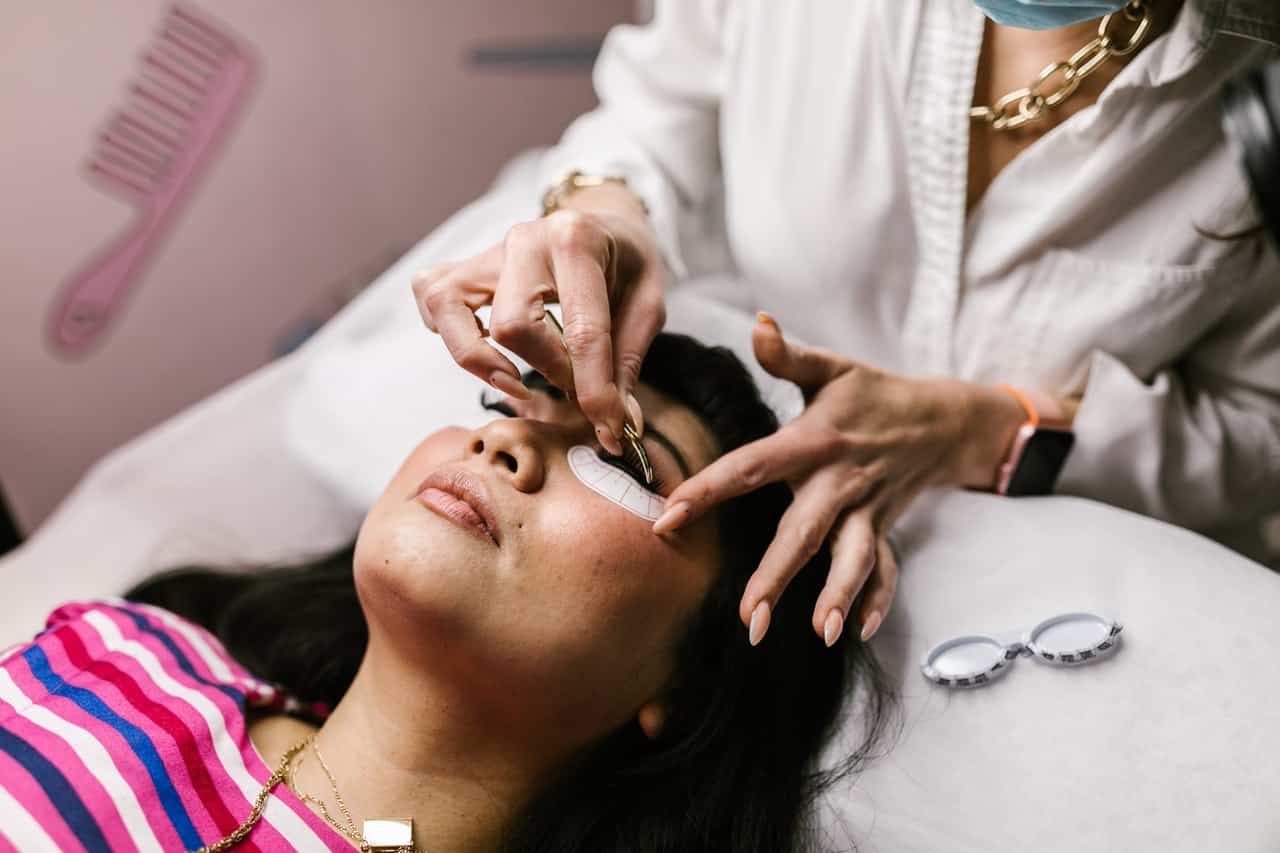
When you suffer from harm due to the negligent actions of a hairdresser or the salon operator, you can get help from a specialist solicitor. However, not all issues are eligible for a claim. The third-party must be at least partially to blame for your injury. Two situations will exemplify the situations. First, a salon customer suffers permanent scarring because of a chemical burn caused by the incorrect administration of the requested beauty treatment. The other case is permanent scarring due to a chemical burn caused by the inappropriate use of the product the customer bought from the salon.
In the first situation, the salon worker is liable for the injury, as the harm was due to the salon worker’s negligence. Thus, the customer has a reason to file an injury claim. In the second situation, the customer was responsible for the injury because of their improper use of the product. Therefore, the customer is not entitled to file an injury claim.
According to beauty treatment solicitors, you can be entitled to compensation if the beauty salon employee caused the injury due to oversight, error, omission, or negligence. In addition, the injured party may have partially contributed to the incident in some specific circumstances. However, this does not negate the fact that the salon or the salon employee is also liable. However, it can mean that a reduced percentage of liability may be negotiated, and the settlement that the salon pays to the injured customer would be affected by the negotiated rate.
Damages qualified for compensation
A settlement for a beauty salon customer who wins a claim for compensation for beauty treatment injury may include several forms of damages, which can fall under special and general damages. General damages refer to some form of psychological or physical harm. On the other hand, special damages refer to everything related to financial and other specific losses. The special damages may include:
- General damages due to physical harm
- General suffering and pain after the injury
- Permanent disability
- Psychological damage
- Stress or mental trauma
- Long recovery or painful treatment
- Cost of paying for home help or in-home nursing
- Financial and other losses
- Loss of wages or salary
- Loss of hearing
- Out-of-pocket medical expenses
- Travel expenses
It is necessary to speak with a beauty treatment damage solicitor to know and understand the different kinds of damages that qualify for a claim.
Giving a salon your consent for beauty treatments
A professional beauty salon will usually ask the customer to sign a consent form or waiver if the customer is requesting a procedure that has some risks. Signing the form indemnifies the salon for any salon accidents or injuries that may result from the administration of the beauty procedure. But in reality, these waivers do not secure the salon.
To conclude, even if you signed the indemnity form, it does not exempt the salon from damage claims if their negligence harms the customer. The salon is liable to pay compensation if you can prove that they failed to conform to the regulatory requirement under the health and safety regulations. So even if you gave consent to receive the treatment, you could still claim if something goes wrong with the procedure and it causes you harm. Your best option is to seek advice from a solicitor and get help to start the beauty injury claim process.








